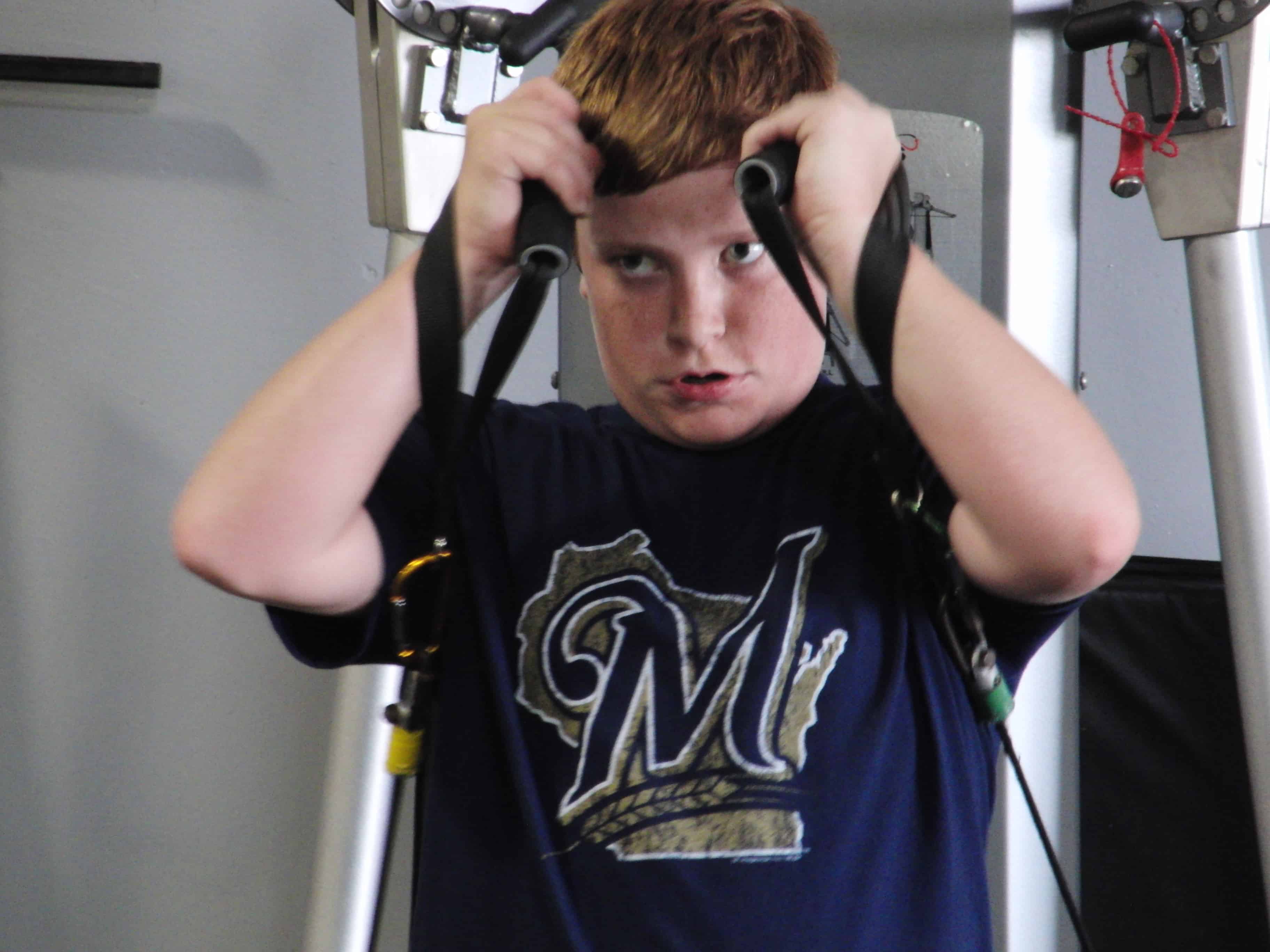 Do you have a young athlete? Rising Stars is a series of topics providing some advice and insight to parents about today’s youth sports culture.
Do you have a young athlete? Rising Stars is a series of topics providing some advice and insight to parents about today’s youth sports culture.
Too Much of A Good Thing
In my eighteen years as a performance trainer I’ve observed the evolution of youth sports. Gone are the days of my youth when athletic outlets were simple neighborhood youth leagues, “rec” leagues, Boys & Girls clubs or the YMCA. Nowadays, for lack of a better term it has gotten “hardcore”. Parents must learn how to navigate the new landscape of youth sports if their athletes are to participate, enjoy and excel.
This is the first in a series of articles where I will be sharing the same knowledge and advice I give my clients at Gamespeed in the hopes of keeping our young athletes safe and successful. Feel free to post comments or share your stories.
In recent years it has become increasingly acceptable for young athletes to participate in “high level” athletic, sporting and training activities. Travel teams, select clubs, showcases, tournaments, and performance training programs are a regular part of a young athlete’s life. Couple this with a “more is better” and “year round play” mentality and the trending of higher volumes of practice and competition activities and things can quickly spiral out of control. Terms like “repetitive stress injuries” and “burnout” are now too common place in youth sports.
Those of us in the coaching and training professions must always be diligent in our observations of the athletes under our care and understand today’s environment. As a parent you must remain aware of the athletic lifestyle your athlete is experiencing.
What is the athletic workload?
Athletic Workload: I define it as the total number of hours spent daily, weekly, monthly or annually on sporting pursuits (games, practices, training) and their related activities (meetings, rehabilitation, special training).
A parent should monitor and evaluate from a comprehensive view. My reasoning, serious problems generally occur not from the short time frame (single practice, game) but from the cumulative effect of all activities over time.
Young bodies are amazingly resilient but not invulnerable. Because our youngsters exhibit so much energy and bounce back amazingly quick after single bouts of activity (game, practice) we sometimes forget about the accumulated volume of activity until it’s too late (burnout, injury). The danger is not in terms of how much was done in a single practice session or game but the total scope of activity over the duration of a few days, weeks, months etc.
For example: The baseball parent who wisely monitors a pitch count for a game, but does’nt factor in other throwing activities like bullpens or playing other high throwing positions like catcher or infield. Taken further, what does the workload look like for the kid who plays year round? Plays sports with similar demands like quarterback or tennis? Managing pitch counts is only part of the picture.
When considering workload always take a calendar and global view:
- How many hours per day, days per week, weeks per month, months per year are spent on sports and related activities?
- How many different sports does my child participate in?
- Are the demands of each sport physically redundant?
- What are my athletes recreational (play) or school activities?
- How many days of the week are dedicated to free time?
Some simple practices to consider are:
- Scheduled intermittent breaks in activity. Weekly or monthly scheduled personal days can provide the needed rest, recovery, relaxation and mental recuperation needed to stay fresh.
- Unscheduled surprise days off can be considered great treats or rewards by athletes.
- Avoid redundant sports activities. Encourage participation in sports with differing athletic movements and demands.
- Avoid overlapping seasons when possible.
- Avoid simultaneous participation on multiple teams.
- Observe your athletes demeanor, play. Is it sluggish, are they chronically tired or sore. Emotionally are they irritated, short tempered, low enthusiasm.
Author: Aaron Thigpen is Owner of Gamespeed Sports Performance in Dublin, California. For over eighteen years he has developed training programs for athletes ages eight to sixty five. You can visit Gamespeed at: www.gamespeed.net

